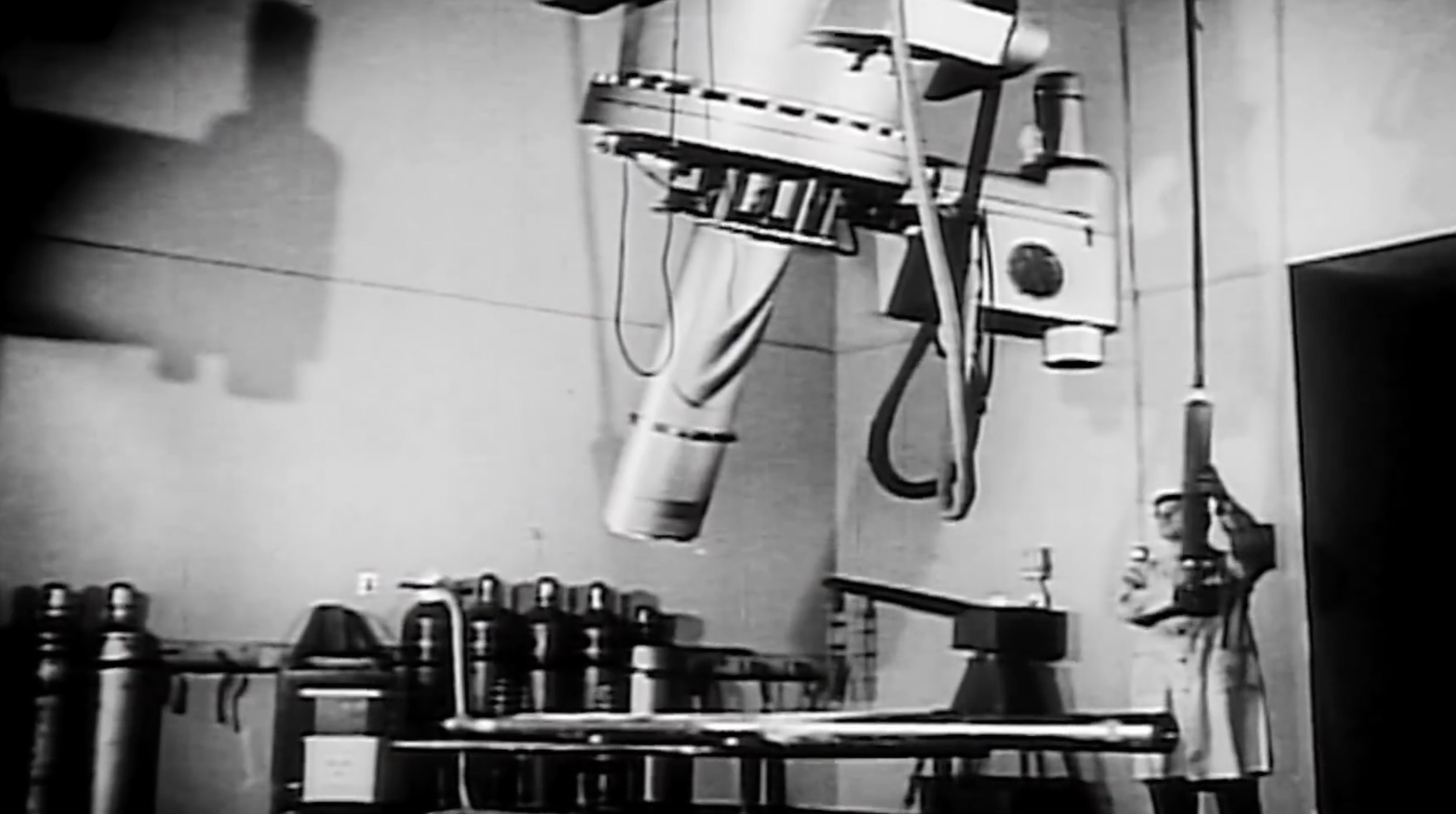 Bioethics
Bioethics
Concluding Thoughts on That Hideous Strength

Editor’s note: Published on August 16, 1945, C. S. Lewis’s That Hideous Strength is a dystopian novel that eerily reflects the realities of 2020. This week and next, to mark the book’s three-quarter century anniversary, Evolution News presents a series of essays, reflections, and videos about its themes and legacy.
Dr. Cameron Wybrow is a scholar, teacher, and writer with academic and popular publications on a variety of subjects. He has a particular interest in philosophical and theological critiques of modernity, and hence in the thought of C. S. Lewis.
This post is adapted from Chapter 11 of The Magician’s Twin: C. S. Lewis on Science, Scientism, and Society, edited by John G. West. See also:
- “The Education of Mark Studdock: A Sociologist Learns the Lessons of The Abolition of Man”
- “The Main Argument of The Abolition of Man”
- “The Education of Mark Studdock in That Hideous Strength”
Why is it that the Gaiuses and Titiuses of the world do not come to the realization that Mark Studdock arrives at? I think the answer, in part, is that Gaius and Titius, and a thousand educators like them (generally armed, these days, with PhDs in Education), operate in a world of pure theory, a world of academic discourse in which the like-minded preach to each other. Mark Studdock was like that, early on in That Hideous Strength. As a fellow of Bracton, he lived in an ivory tower, where the schemes and plots of academic factions were his only reality. But the events in That Hideous Strength force Mark to come to grips with reality. They force him to see what effects ideas have when they get out into the real world of political and social and ethical life. The truth of experience enables him to see the falsehood of bad theory. Our modern academics, on the other hand, have undergone no such life-transforming experiences. Living in an almost completely artificial intellectual environment, protected by tenure, and in no way answerable for the real-life effects of their theories, they can offer teachings about sentiments and morals which, however destructive to society in the long term, are unlikely to rebound upon them in the visceral way that Mark’s teaching rebounded upon him.
Theories of Education
Another part of the answer, I think, is that our theories of education are almost completely dominated nowadays by the social sciences, with very little input from the traditional humanities. And the social sciences are largely oriented to changing the world, in a certain direction which we might politely call “progressive.” This deep commitment to social science as a sort of theoretical basis for social change (as natural science is conceived to be a theoretical basis for technological change) makes modern education theorists generally impatient of old-fashioned humanities education. Why waste time in the hopeless, idealistic task of trying to produce better people (even if there were an objective definition of “better,” which most social scientists deny) when you could be learning the scientific principles that will enable us to control our future social environment, making society better even though people remain as intellectually and morally flawed as ever? This, of course, is exactly the opposite of the vision of education held by Lewis. Education must be based on the cultivation of the mind and heart of the individual, and that cultivation must consist of exposing the students to the best that has been thought and felt and known by human beings across the ages.
If there is any hope, then, of preventing what Lewis called “the abolition of man,” it will not come from our certified experts on education. They are nearly all unrepentant Mark Studdocks who partake wholly of the very spirit of modernity that Lewis was criticizing. And their insulation within professional cliques of “education theorists” who speak academese rather than English, and who have almost no meaningful contact with the average member of society, guarantees that very few of them will ever have the life-transforming experience of a Mark Studdock. So the necessary counter-teaching must come from elsewhere. It must come from the few remaining real philosophers (most of whom do not teach in philosophy departments), from the few remaining deep theologians (most of whom do not teach in theology departments), from the few remaining inspired poets and dramatists and novelists and other artists, from the few remaining wise historians, and from the (hopefully not so few) remaining sober, sane, well-balanced parents and citizens who continue to know that we are still under the Tao. These people will still continue to place humanity above abstractions such as “the conquest of nature,” “science,” and “progress.”
When Institutional Supports Crumble
To be sure, such people are in a weaker position to influence the direction of public life than they were in Lewis’s time. The institutional supports which still existed, in some measure, in Lewis’s day, are now almost entirely gone. The chances that a high school student of today will learn Latin, or read some Herodotus, or will even hear the names of Augustine or Aristotle, are extremely low. The chances that one’s local clergyman has a degree in Classical Civilization or Philosophy are similarly low. The Bible and the theological tradition have been steadily pushed out of the public sphere. Teenagers are far more likely to learn “The Five Stages of Grief” than the Seven Deadly Sins or the Four Cardinal Virtues. We are faced with the daunting task of trying to restore the premises of a nearly shattered Western culture.
Nonetheless, despair is never constructive. There are things we can do. We can keep our eyes peeled for the appearance of wise philosophers, wise poets, wise politicians, and wise citizens, and encourage and support them when we identify them. We can financially support the few remaining journals that have contents of moral and intellectual depth. We can expose our friends and families to the best that we know of the ancient religious and philosophical traditions of the West. We can have dinner-table conversations about Socrates or Homer or the Bible instead of about the latest “reality” shows. We can send our children off to a small, intimate liberal arts college to study the Great Books instead of to a mammoth state university to study Abnormal Psychology or Marketing. If we are teachers of history or literature any level, we can deftly insert material into our courses about historical people and important writings which the prescribed curricula have omitted. And of course, we can encourage those who would benefit from it to read The Abolition of Man and That Hideous Strength. What was possible for Mark Studdock — the realization that much of contemporary Western civilization is built upon lies and errors regarding what is ultimately true — is still possible for any thoughtful person who reads these books.


